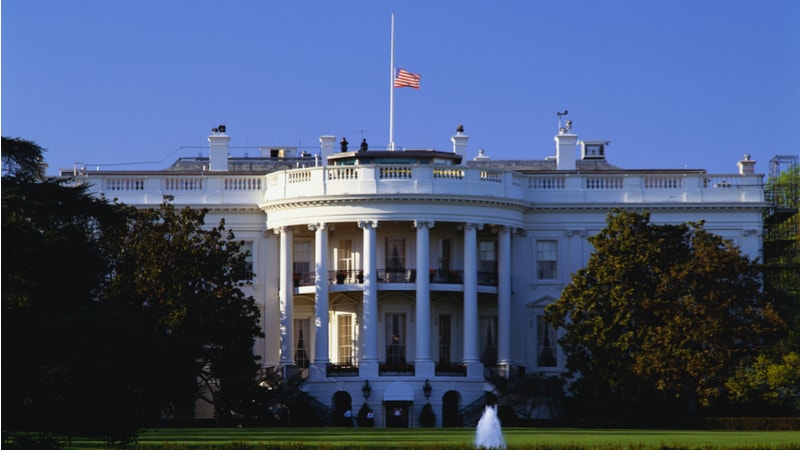What will the AI revolution mean for the global south?
-
This post did not contain any content.

What will the AI revolution mean for the global south?
We must avoid inequalities between the global north and global south being perpetuated in the digital age
the Guardian (www.theguardian.com)
-
This post did not contain any content.

What will the AI revolution mean for the global south?
We must avoid inequalities between the global north and global south being perpetuated in the digital age
the Guardian (www.theguardian.com)
More technological stratification = more divide between the haves and the have nots. This applies both between nations but also between the various socioeconomic classes within nations. IOW, the rich will continue to get richer at the expense of everyone else.
-
This post did not contain any content.

What will the AI revolution mean for the global south?
We must avoid inequalities between the global north and global south being perpetuated in the digital age
the Guardian (www.theguardian.com)
More climate problems, much more
-
This post did not contain any content.

What will the AI revolution mean for the global south?
We must avoid inequalities between the global north and global south being perpetuated in the digital age
the Guardian (www.theguardian.com)
What AI revolution? All I get is fancy spellcheck and crappy image generation.
It's hyperbole.
-
What AI revolution? All I get is fancy spellcheck and crappy image generation.
It's hyperbole.
Or “agents” that can or cannot follow the instructions you add.
-
This post did not contain any content.

What will the AI revolution mean for the global south?
We must avoid inequalities between the global north and global south being perpetuated in the digital age
the Guardian (www.theguardian.com)
More contractual gig work less direct employment.
They AI companies are going to Mechanical Turk this shit the whole way.





